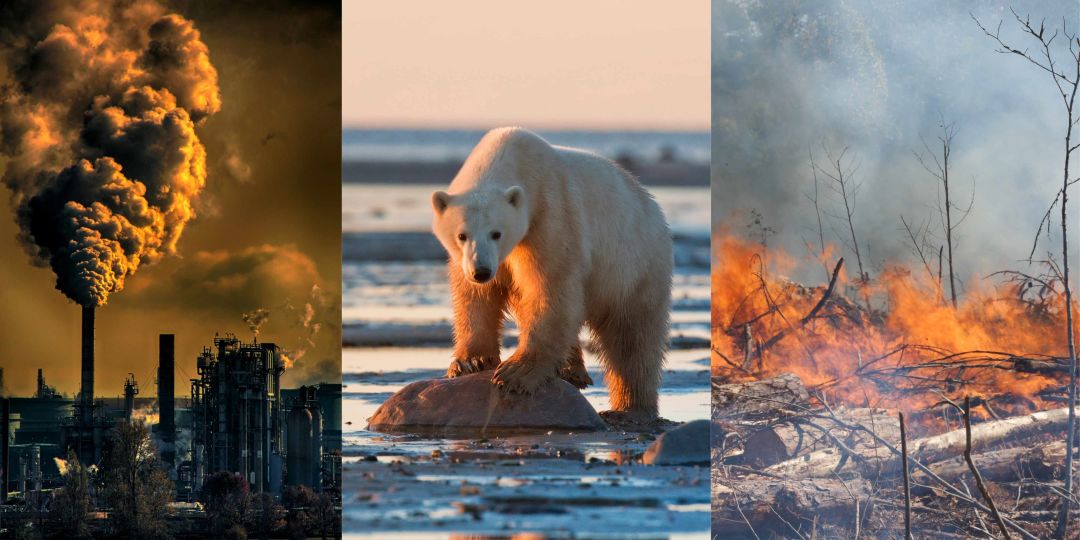The world is no stranger to economic collapses, pandemics, climate disasters, and geopolitical conflicts. However, experts continuously warn about emerging threats that could define the future of humanity. Unfortunately, many of these warnings go unheeded until disaster strikes.
1. Climate Change: Beyond the Tipping Point?
Scientists have been sounding the alarm on climate change for decades, yet global efforts remain insufficient. Rising temperatures, extreme weather, and environmental degradation threaten food security, water supply, and biodiversity. The Intergovernmental Panel on Climate Change (IPCC) warns that parts of the planet may become uninhabitable without drastic action. Still, governments and corporations prioritize short-term profits over long-term sustainability.
2. Economic Collapse and the Debt Crisis
Global debt levels are at an all-time high, with nations borrowing at unsustainable rates. The World Bank has warned that another financial crisis, similar to the 2008 collapse, is imminent. Inflation, rising interest rates, and income inequality create an unstable economic system that could trigger mass unemployment and social unrest. However, despite warnings, many policymakers continue with risky economic policies.
3. Water Scarcity and Food Shortages
Freshwater supplies are dwindling due to overuse, pollution, and climate change. The United Nations predicts that by 2025, two-thirds of the world’s population will face water shortages. Additionally, disruptions in global supply chains, soil degradation, and unpredictable weather patterns threaten food security. Yet, rather than investing in sustainable solutions, many governments prioritize industrial expansion at the cost of environmental stability.
4. AI and Automation: The Silent Job Killer
Artificial intelligence and automation are rapidly transforming industries, displacing millions of workers. The World Economic Forum estimates that automation could replace 85 million jobs by 2025. While AI promises efficiency and economic growth, lacking preparation for mass unemployment could lead to a global inequality crisis, poverty, and social instability. Despite warnings, many leaders fail to create policies that balance technological advancement with human livelihood.
5. The Next Pandemic: A Matter of ‘When,’ Not ‘If’
COVID-19 exposed the world’s unpreparedness for pandemics, yet experts warn that the next one could be even deadlier. Emerging infectious diseases, antibiotic-resistant bacteria, and global travel create the perfect conditions for future outbreaks. However, pandemic preparedness funding remains low, and many governments have scaled back public health initiatives despite expert warnings.
6. Geopolitical Conflicts and Cyber Warfare
Rising tensions between global superpowers increase the likelihood of military conflicts. Additionally, cyber warfare presents a growing threat, with hackers targeting critical infrastructure, financial systems, and democratic processes. Intelligence agencies caution that future wars may be fought not on battlefields but through digital attacks that could cripple entire nations.
Conclusion: Will We Listen?
The next global crisis is not a matter of speculation—it’s a certainty. Experts continue to warn about these dangers, but humanity risks catastrophic consequences without action. The question remains: will we listen before it’s too late? Or will history repeat itself, with hindsight once again proving too little or too late?




